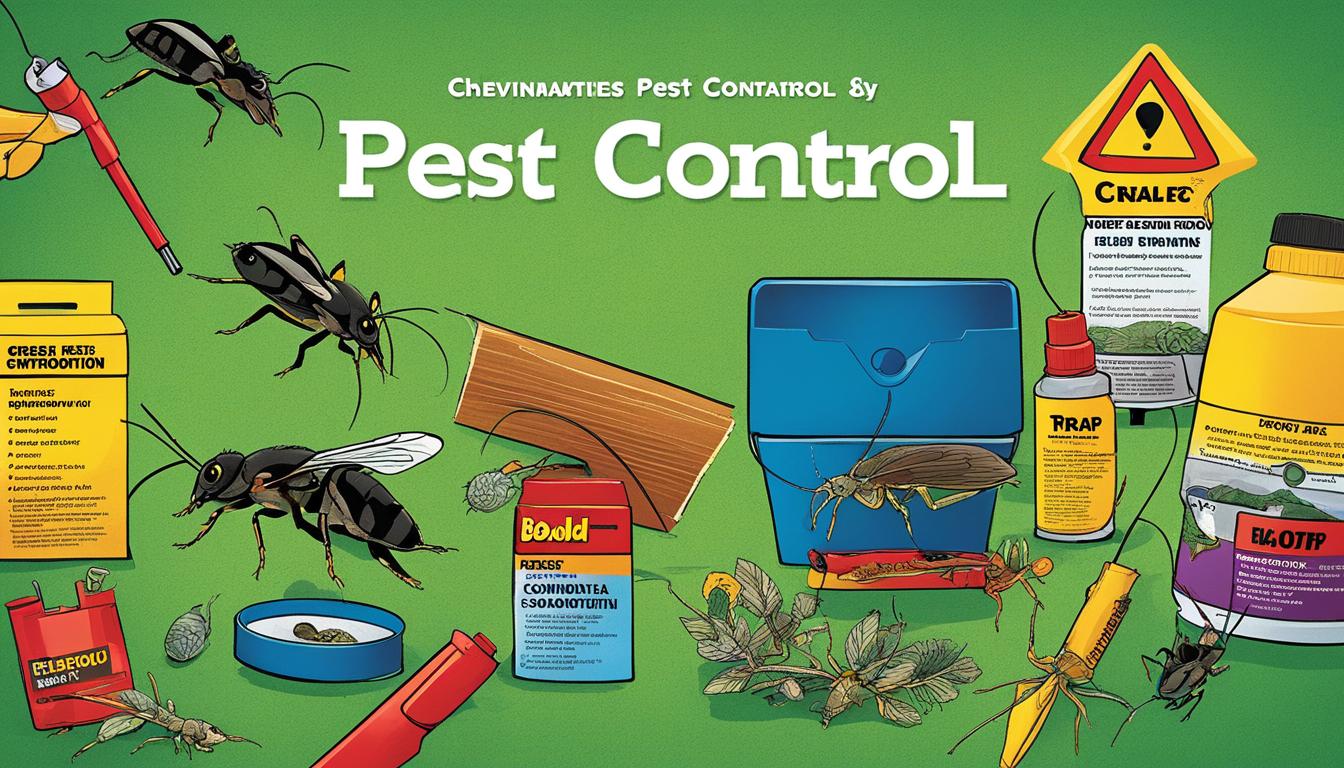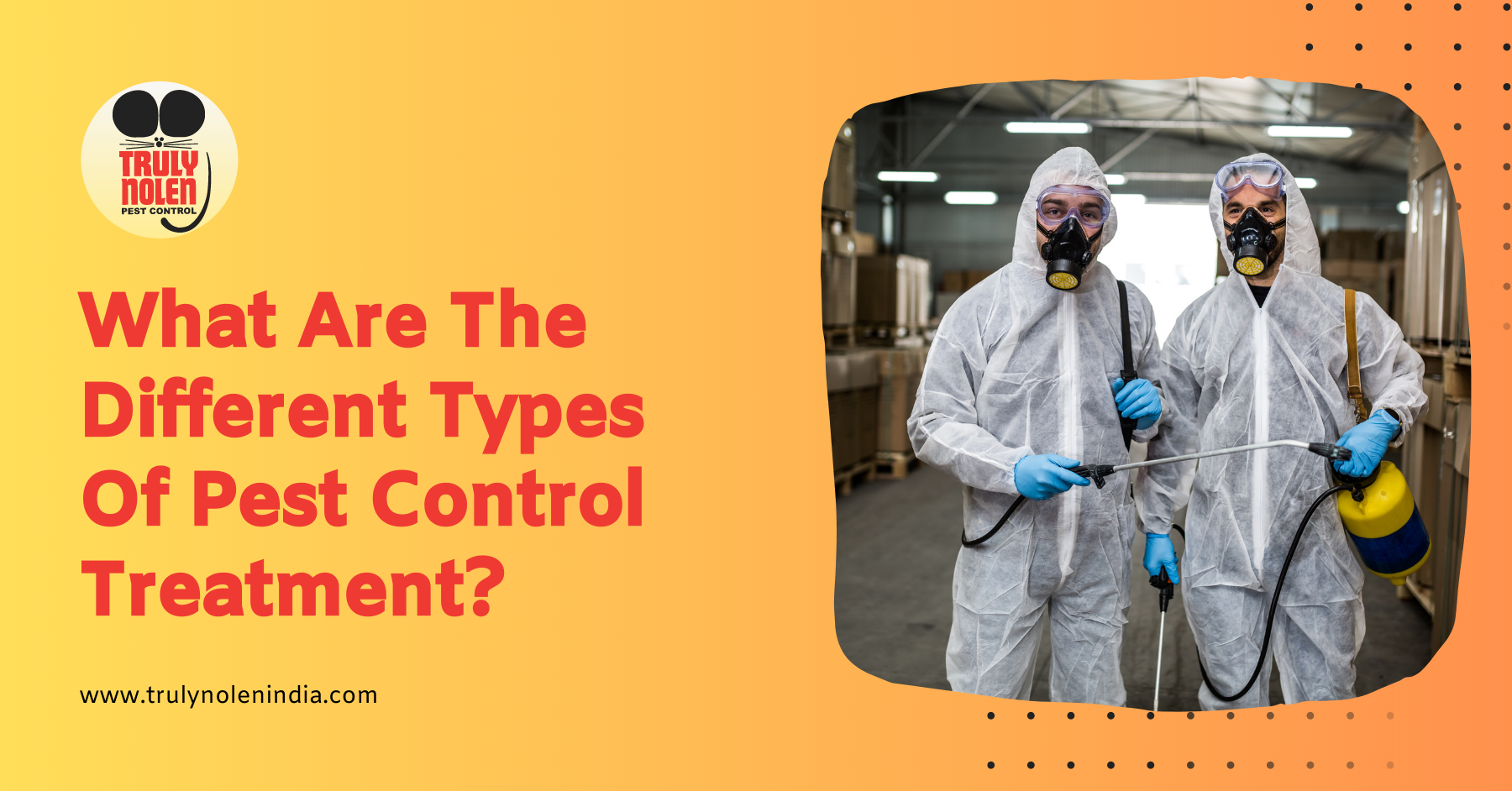The Best Strategy To Use For Pest Control
Table of ContentsGetting The Pest Control To WorkNot known Details About Pest Control 4 Simple Techniques For Pest ControlPest Control Fundamentals ExplainedPest Control - The Facts
Limitations of Chemical Monitoring Be able to evaluate insect problems, identify if administration is needed, and make proper recommendations using IPM techniques. Recognize with various techniques of insect monitoring - their advantages and limitations. Comprehend the value of useful pests. It is not possibleor even desirableto rid yards of all parasites.This phase reviews (IPM), a method that uses knowledge concerning bugs and their, practices, nonchemical approaches, and chemicals to take care of parasite issues. Added info about IPM for particular plants is included in phases that focus on those plants. Nonchemical bug control actions are worried in chapter 17, "Organic Gardening." Managing birds and mammals is covered in phase 20, "Wild animals." Managing in the yard and garden is covered in phase 6, "Weeds." Parasites in a yard or landscape may consist of pests and mites, weeds,, animals, and birds.
Lots of people hurry to pull, hoe, or spray every weed they see. Pests and weeds, nevertheless, contribute in the. After growing a yard or developing a lawn, the all-natural process of plant succession starts to reestablish and nonnative plants. A weed growing in a grass represents the initial stage in a series of occasions that, if enabled to proceed, could at some point cause a woodland.
What we call "parasites" are component of an all-natural system at work. Just human beings think about particular varieties bugs when they happen where they are not wanted.
Unknown Facts About Pest Control
Pests susceptible to a pesticide were quickly eliminated, leaving resistant ones to reproduce and multiply. It ended up being clear that pesticides alone would certainly not fix all parasite problems. Rather, overuse of chemicals triggered the development of resistant pests. Researchers began to establish a new strategy to pest control. This brand-new approach was called incorporated insect management (IPM).
An IPM strategy enables some degree of parasites in the setting. Insects are a lot less likely to survive a program that makes use of several different techniques of lowering their populaces. Integrated parasite management was very first recommended by entomologists since bugs were the initial group of parasites to prove tough to manage with chemicals alone.
insect and host accurately. and take into consideration economic or visual injury. A limit is the factor at which action should be taken. a therapy strategy using mechanical, social, biological, or chemical controls, or a combination of these techniques. success of treatments. IPM has extended beyond pests to monitoring of all pest populations: weeds, disease organisms, and animals.
Some Known Details About Pest Control
Management rather than obliteration of parasites is the goal. An IPM strategy begins with a cautious examination of each pest infestation.
Clover expanding in a grass might be checked out as an unwanted weed, but as a bean it is synthesizing nitrogen for the dirt and the blossoms are giving nectar to honey bees and other. Tolerance for some weeds might become part of an IPM plan. might be eating the leaves of a plant, but when they are identified as the larvae of Eastern tiger swallowtail butterflies, their damages might be endured so we can delight in the lovely butterfly.

The second crucial tool in bug administration is very early treatment. Being existing and watchful in the garden makes sure early discovery. Reacting to problems rapidly, before they have time to increase, needs a much less dramatic treatment. The third crucial tool is recordkeeping; tracking what takes place in the yard enables a go gardener to identify patterns and make educated decisions.
Getting The Pest Control To Work
Lots of secure, functional, nonchemical methods of plant protection and parasite management may lower or remove the demand to spray. Various other methods are most beneficial when utilized with chemicals. To apply monitoring practices appropriately and to lessen losses, garden enthusiasts need to know the sorts of parasites that visit assault plants and understand pest biology.

Performing a soil examination and using just the advised quantity of fertilizer and lime takes full advantage of the benefit to the plant while minimizing troubles associated to extreme use of fertilizer - Pest Control. Treatment the soil with a number of inches of mulch protects the plant in several methods: reducing soil water loss to evaporation, minimizing weed competitors, offering nutrients, and developing an appropriate environment for earthworms and microorganisms that maintain the dirt loose for origins and damage down natural product to release nutrients
If mulch touches the trunk, it can develop a method for voles, microorganisms, and fungis to assault the plant. Do not utilize manure or garden compost that has not thoroughly broken down as a leading clothing since it can motivate unwanted bugs. Research suggests that tilling the dirt is damaging to dirt framework.
About Pest Control
If tilling is deemed required, take into consideration doing it in the autumn when the life cycles of many bugs brings them near the surface area. At the surface area, parasites come to be subjected to the weather condition along with birds and other all-natural opponents. Autumn tilling can additionally why not check here ruin pests in plant residues. Use disease-free and insect-free certified seeds and plants if readily available.